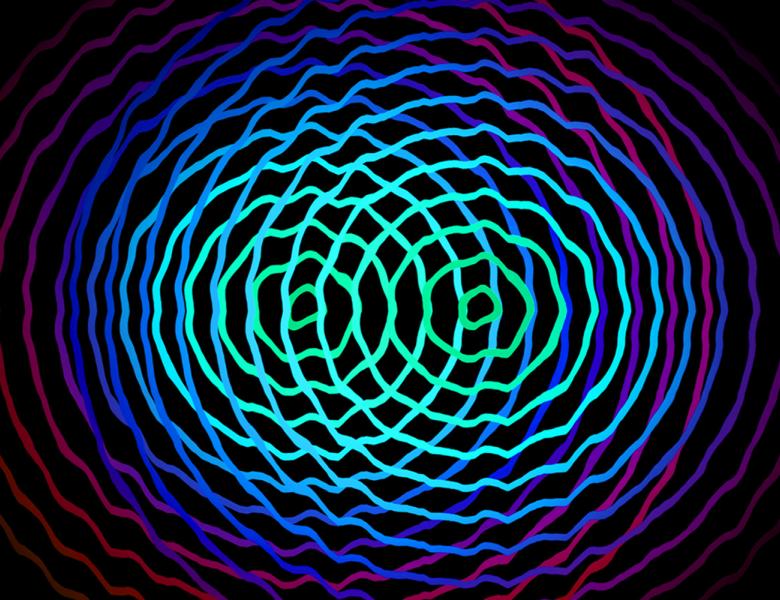
Abstract
Random quantum circuits (RQCs) are valuable constructions in both quantum information and quantum many-body physics. They are a solvable model of strongly-interacting quantum dynamics, rapid scramblers of quantum information, and have been the central focus of recent demonstrations of quantum computational advantage. In this talk we’ll introduce some very useful techniques for studying RQCs involving both a statistical-mechanical mapping to lattice model as well as bounding the spectral gap of a local Hamiltonian. Using these approaches, we’ll compute the depth at which RQCs anti-concentrate and the rate at which they generate quantum pseudo-randomness, converging to approximate unitary designs. We'll then discuss the implications of these properties in both many-body physics and near-term quantum computing.


